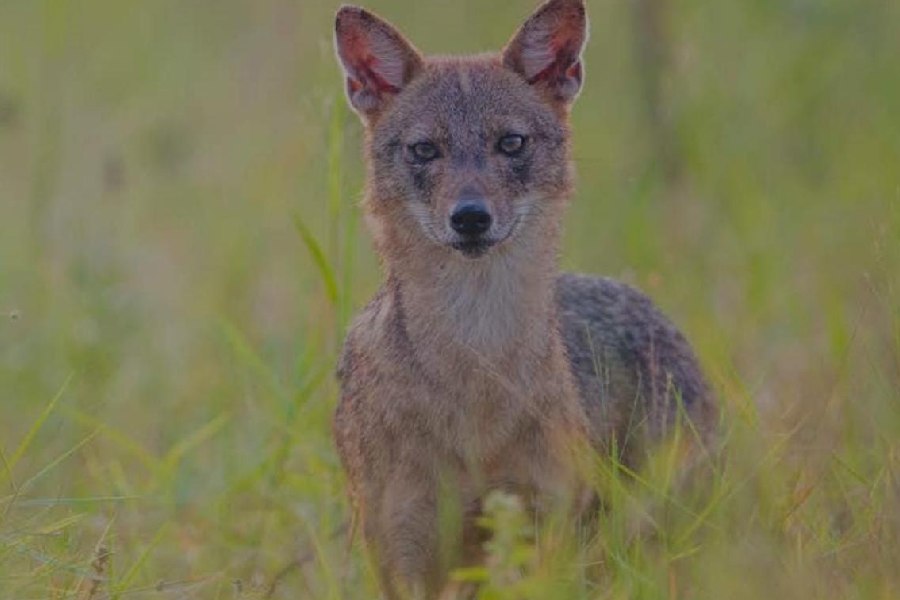Kerala is home to 20,000 to 30,000 golden jackals, an exhaustive study carried out in the state for the first time said.
The research undertaken by the NGO Aranyakam Nature Foundation has revealed that golden jackals (Canis aureus naria) have found their home in human settlements and not in forests.
The study involved 2,200 participants and recorded more than 5,000 sightings across 874 villages.
The study, “The Uncelebrated Wanderers: Unravelling the Mysteries of Kerala’s Golden Jackals”, was initiated by P.S. Easa, former director of the Kerala Forest Research Institute; Sandeep Das, an EDGE fellow and herpetologist known for his research on amphibians and reptiles of the Western Ghats; and S. Dhruvraj, a researcher
and technologist.
Easa termed the findings not only extraordinary, but also fascinating and insightful.
“The statewide population of golden jackals is estimated to be between 20,000 and 30,000. They show a strong preference for lowland plains below 200 metres above sea level. The golden jackals’ most common habitats are not dense forests, but rather human-modified landscapes, like cashew, coconut and mango plantations, as well as paddy fields, rubber estates and rural settlements.
“Their presence in and around urban centres like Kannur, Kozhikode, Thrissur, Ernakulam and Thiruvananthapuram highlights their remarkable ability to survive in a human-dominated environment,” Easa told The Telegraph.
Golden jackals are not found in Alappuzha because of the water-logged terrains, sparsely in Attapadi, and rarely in the dense forests of the Western Ghats. But the news of these animals preying on the young ones of wild boars brings cheer to farmers in Wayanad who have been lamenting crop losses.
The researchers, however, have identified significant threats to the lives of the golden jackals. The reasons they cited are manifold, ranging from habitat loss due to landscape changes, health issues arising from dependency on garbage, and potential hybridisation with stray dogs.
Das highlighted that this genetic mixing could compromise the jackals’ long-term genetic integrity, which subject experts feel warrants urgent research.
“This study demonstrates that jackals thrive in unprotected, human-dominated landscapes. This challenges existing models and presents an opportunity to develop new conservation strategies that extend beyond protected area boundaries,” Das said.

